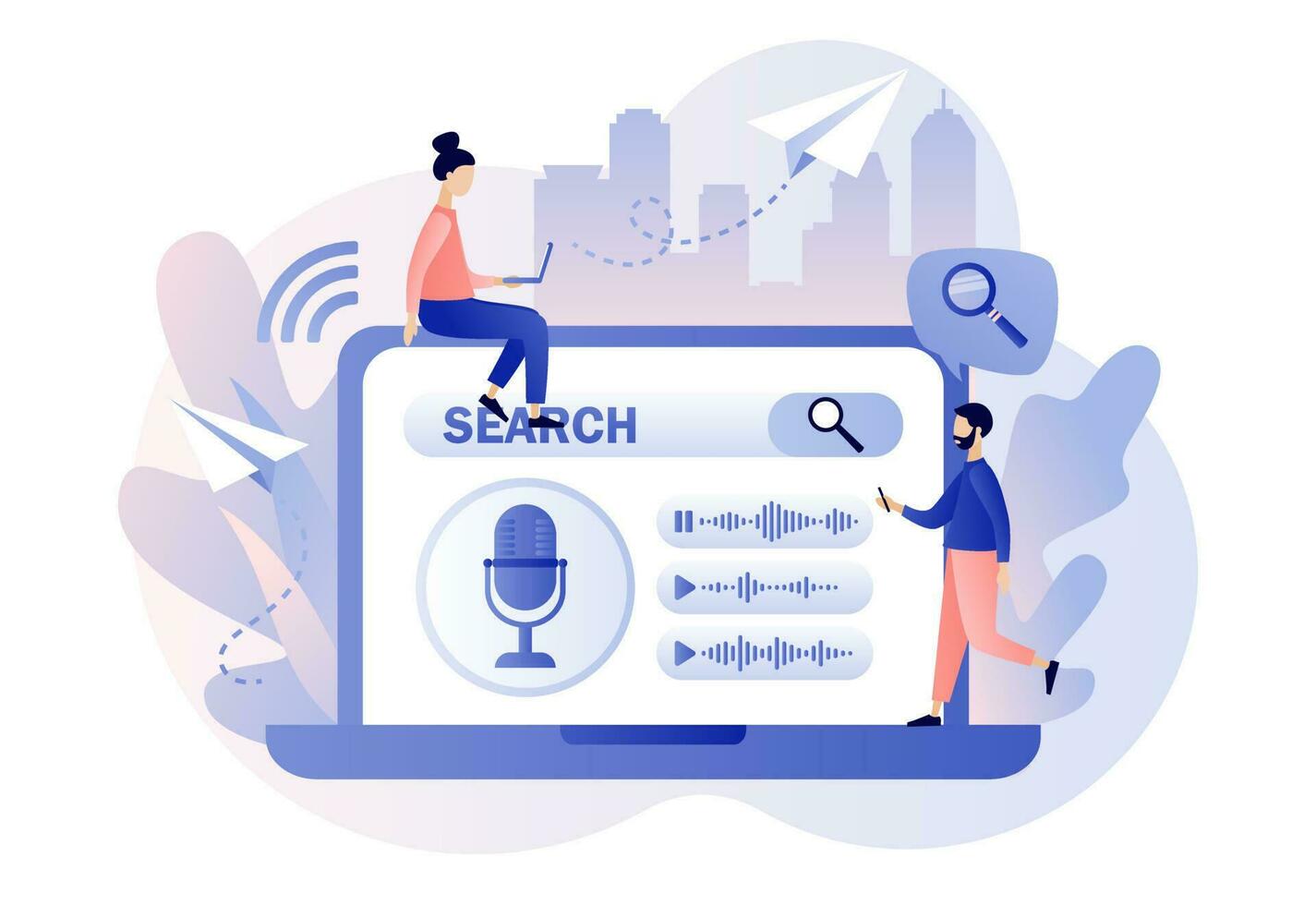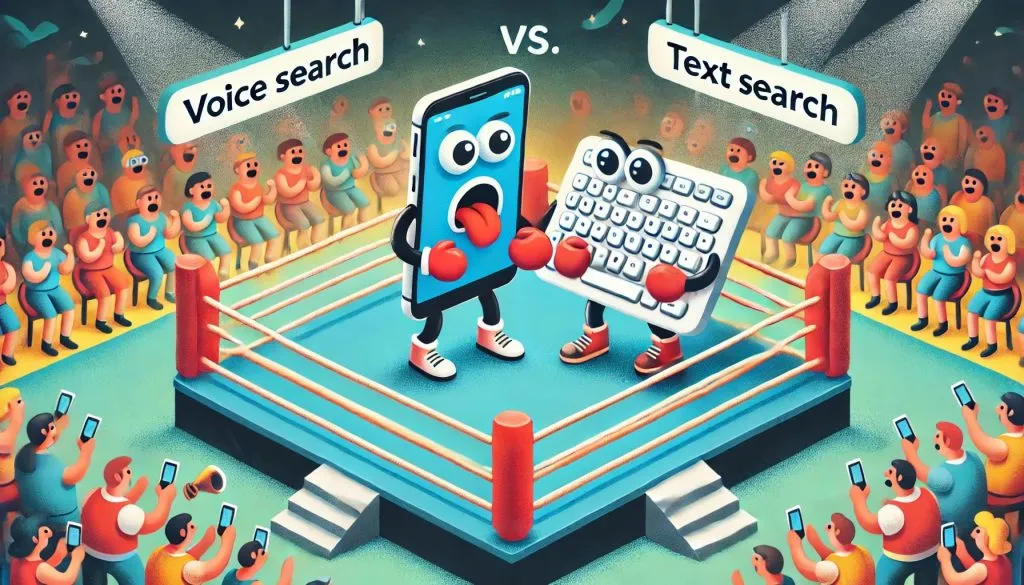Graph the True Data and Reality
Modeling reality isn’t about getting it perfectly right. It’s about getting close enough to act meaningfully

Earlier this year, I found myself in one of those big picture conversations about AI, the kind where the topics jump from models to markets to meaning. But one thread kept tugging at me: search is changing. And not just on the surface, not just tweaks to interfaces or algorithm updates, but the actual way we search for things is quietly evolving, right under our noses.
It’s easy to overlook this because it’s subtle. But once you notice it, you start to see it everywhere. People aren’t typing keywords anymore. They’re asking questions. Real questions. Long, layered, full of context and tone. And for the first time in forever, we have tools that actually understand what we’re trying to say, or at least, try to. Search isn’t just about finding links anymore. It’s about retrieving meaning. Which, honestly, changes everything.
This isn’t the first time search has shifted, of course. Back in the day, before Google became a verb, search was a slower, heavier process. You flipped through books. You asked around. You trusted those who had the knowledge, teachers, librarians, elders. Then the web arrived, and suddenly knowledge wasn’t something guarded or granted; it was something you could look up. And Google made that feel magical. One box, infinite answers. It reshaped our relationship with information, and we’ve been running with that model for about two decades now.
But the cracks are starting to show. People don’t want ten links anymore. They want one good answer. They want synthesis. Context. Brevity. Clarity. It reminds me of Smart Brevity by Jim VandeHei and colleagues, the idea that in an age of information overload, value comes from saying more with less. AI is pulling search in the same direction. Instead of pages of results, we get distilled meaning. Instead of noise, we get signal like result. For the first time since the hyperlink, search is shifting into something new: conversational, human, and partner-like.

What’s even more interesting is that we’re no longer limited to text. We’re seeing more people speak their searches. Literally. Voice is slowly replacing keystrokes, especially with mobile devices and smart assistants. And while I used to think this shift was still two or three years out, it’s happening faster than I expected. Speech recognition is improving. The infrastructure is catching up. And even though accents, dialects, and context still trip up the systems, we’re inching toward a world where talking is searching.
The same thing is happening with images. Now you can snap a photo of a plant, a building, a piece of clothing, and your phone can tell you what it is. The camera has become an input device, not just a lens. And that changes how we think about searching too. It’s no longer about typing the right thing. It’s about showing the right thing.
And yet, even with all this advancement, what I find most fascinating isn’t the technology. It’s the behavior change. People are no longer just looking for information. They’re looking for understanding. They want insight. They want something that makes them feel like they’re not starting from scratch every time they type. And in that sense, search is becoming something more human, more aligned with how we naturally learn and ask and process.
Which brings me to something I’ve been chewing on a lot lately: mindset. This shift in how we search isn’t just a technical evolution, it’s also a philosophical one. We’re moving away from a scarcity model of knowledge, where you hoard information and guard your sources, into something more abundant. You ask, you receive. You search, you find. You share, you grow. That kind of access changes how we operate, or at least, it should.
There’s something Adlerian in this too. In The Courage to Be Disliked, the authors talk about teleology, the idea that our behavior is driven more by our goals than our past. If you believe that, then maybe the way we search is less about what we lack and more about where we’re trying to go. Maybe we’re not just asking machines for facts. Maybe we’re asking to be shown a new way forward. And the tools are finally catching up to that.
Of course, not everything is figured out yet. We still need better nuance in language, more inclusive models, better understanding across cultures and dialects. But we’re on the path.
So what does this mean?
I don’t know exactly. And maybe that’s the point.
What I do know is that search is no longer a static tool, it’s becoming a conversational partner. An assistant. A collaborator. And maybe soon, a mirror for our thoughts.
In a few years, my future self might stumble upon this post and smile at how naive or insightful it was.
But even then, I hope the core remains true:
Search is becoming less about finding the right answer, and more about learning how to ask better questions.
And maybe that’s a kind of progress we didn’t see coming , but one we needed all along.